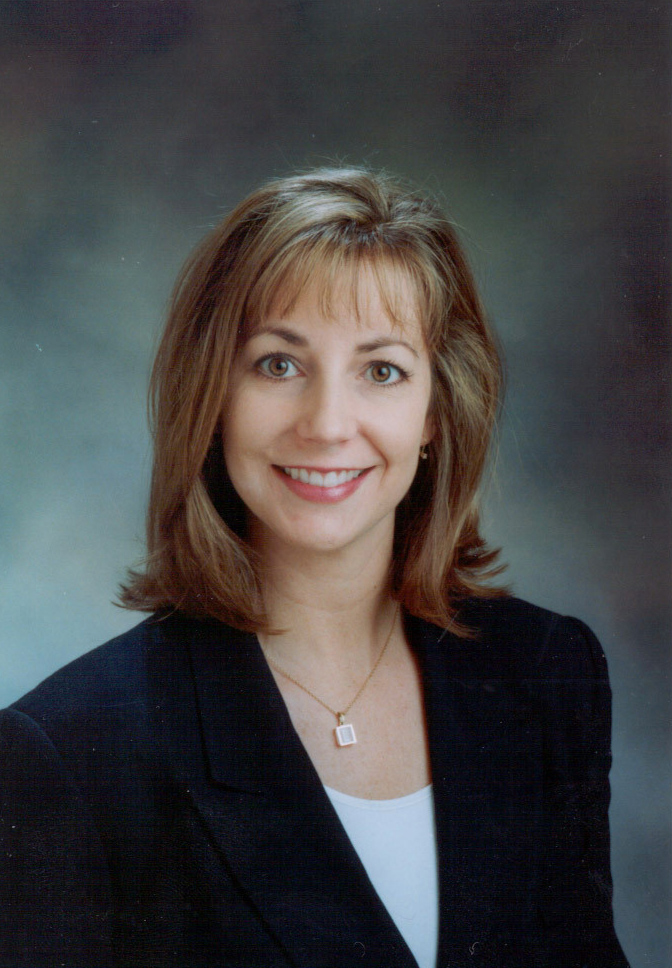Contact: Maridith Geuder

Laurie Todd
A colorful, interactive compact disc produced by Mississippi State's Early Childhood Institute is a primer on child-care basics ranging from proper hand-washing to classroom hazards.
The lessons are part of the comprehensive information the university institute is sharing directly with nearly 250 Mississippi child-care centers with funding from the state Department of Human Services. Through its three-year "Partners for Quality Child Care" program, the service unit is building on child-care strengths in the state.
"This is the anchor project of what all our efforts are about, improving the quality of children's education," said institute director Cathy W. Grace.
Grace and project director Laurie Todd recently presented highlights of the program at the annual meeting in Chicago of the National Association for the Education of Young Children. The nation's largest organization of early childhood educators, NAEYC has more than 100,000 members and provides guidelines through which child-care centers may become accredited.
Grace said the presentation focused in particular on rural issues of professional development, including the reality that rural areas often have a higher incidence of poverty and--compared to more urban areas--less oversight and regulation of child care.
"In the Partners program, we're trying to communicate that being in quality child care translates into later success in school and academic undertakings," said Todd, a doctoral student in curriculum and instruction.
The project works only with centers serving children who qualify for child-care subsidies through the Assistance for Needy Families Act. Through an initial on-site analysis and follow-up visits, the Partners program provides assessment, training and evaluation based on nationally standardized measures of early childhood environments and caregiver quality.
"These centers are randomly selected from the state's congressional districts to serve children from birth to 5 years old," Grace explained. Research has shown that quality child care improves brain development of children in these age ranges, she added.
The MSU project provides a tiered approach: an initial assessment of existing efforts in individual centers, followed by individualized plans to improve weaknesses identified and a concluding follow-up assessment of ways in which the center improves.
Todd said many centers she's visited have been eager for the professional development expertise the Early Childhood Institute can offer. "One director opened the door and began to cry," Todd recalled. "She told me, 'You're an answer to a prayer.'"
Todd, who taught both pre-school and elementary school before seeking her doctorate, says that one of the problems identified in the study is the lack of professional development activities generally available.
"We spend five full days at each center and, based on what we learn, offer specific plans for improvement," she explained. "Each center receives $500 to apply to materials for areas of need we identify. In addition, the First Book National Book Bank has donated large quantities of books for distribution to the children participating in the Partners project. The centers we've worked with have welcomed the assistance.
"In general, we've seen that we can make a significant impact in issues such as sanitation, health and safety. We've also seen improvement in areas such as reading with children and developing learning centers," Todd said.
In the next phase of the Partners project, the Early Childhood Institute will intensify its on-site technical assistance based on needs discovered in the first years of the study. "We're beginning to see a culture change in child care as an educational undertaking versus child care as babysitting," Grace said.
Now maintaining a waiting list for child-care centers that want to be part of Partners for Quality Child Care, both Todd and Grace say they are happy to be making a difference.
"We're proud to be among only a few educators in the nation conducting field research about these issues," they concluded.
For more information, contact Grace and Todd at (662) 325-4836 or visit http://www.educ.msstate.edu/cni/eci/partners/childhood/.